All Stories
-
 Space
SpaceIo may have an underworld magma ocean or a hot metal heart
New calculations support dueling ideas for what powers the ubiquitous volcanoes on the hellish surface of Jupiter’s innermost moon.
By Nikk Ogasa -
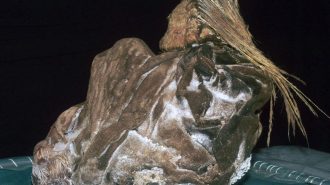
These are the most popular Science News stories of 2022
Science News drew over 13 million visitors to our website this year. Here’s a recap of the most-read news stories and long reads of 2022.
-
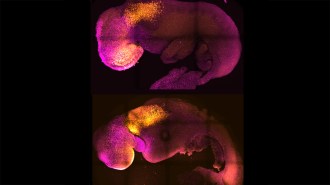 Health & Medicine
Health & MedicineThese 5 biomedical advances gave 2022 a sci-fi feel
Big steps in biology and medicine include pig to human organ transplants, synthetic embryos and a fully complete human genome.
By Meghan Rosen -
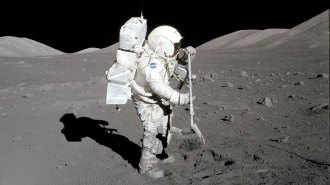 Space
SpaceHumans haven’t set foot on the moon in 50 years. That may soon change
In 1972, the era of crewed missions to the moon came to an end. Fifty years later, a new one has begun.
-
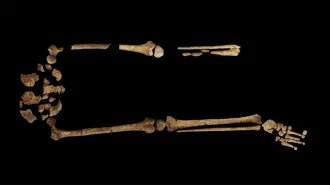 Life
LifeHere are 5 record-breaking science discoveries from 2022
The earliest surgery, fastest supercomputer and biggest single-celled bacteria were some of this year’s top science superlatives.
By Erin Wayman -
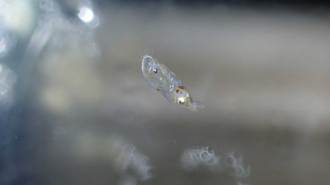 Life
LifeSquid edit their RNA to keep cellular supply lines moving in the cold
Squid change their RNA more often in the cold, producing motor proteins that keep cellular cargo on track.
-
 Astronomy
AstronomyThe James Webb Space Telescope wasn’t the only big space news in 2022
DART crashed into an asteroid, Artemis went to the moon and we got a pic of our galaxy’s monstrous black hole. Space was a busy place this year.
-
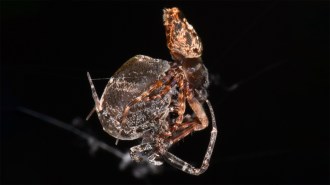 Animals
AnimalsThese are our favorite animal stories of 2022
Goldfish driving cars, skydiving salamanders and spiders dodging postcoital death are among the critters that most impressed the Science News staff.
-
 Health & Medicine
Health & MedicineMedical racism didn’t begin or end with the syphilis study at Tuskegee
Racism that fueled the syphilis study still permeates the U.S. health care system, causing disparities in access to medical care and health measures.
-
 Astronomy
AstronomyThe James Webb telescope is getting glimpses of small, far-off planets
Hints of one exoplanet atmosphere’s chemical makeup and the discovery of a planet orbiting another star are two of the telescope’s early successes.
-
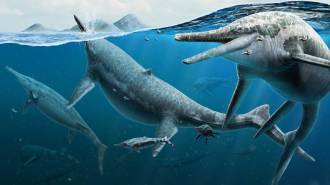 Paleontology
PaleontologyMysterious ichthyosaur graveyard may have been a breeding ground
Some 230 million years ago, massive dolphinlike reptiles gathered to breed in safe waters — just like many modern whales do, a study finds.
-
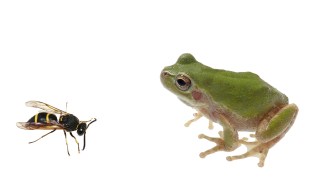 Life
LifeLong genital spines on male wasps can save their lives
A male wasp’s genital spines can save his life in an encounter with a scary tree frog, a new study shows.
By Susan Milius